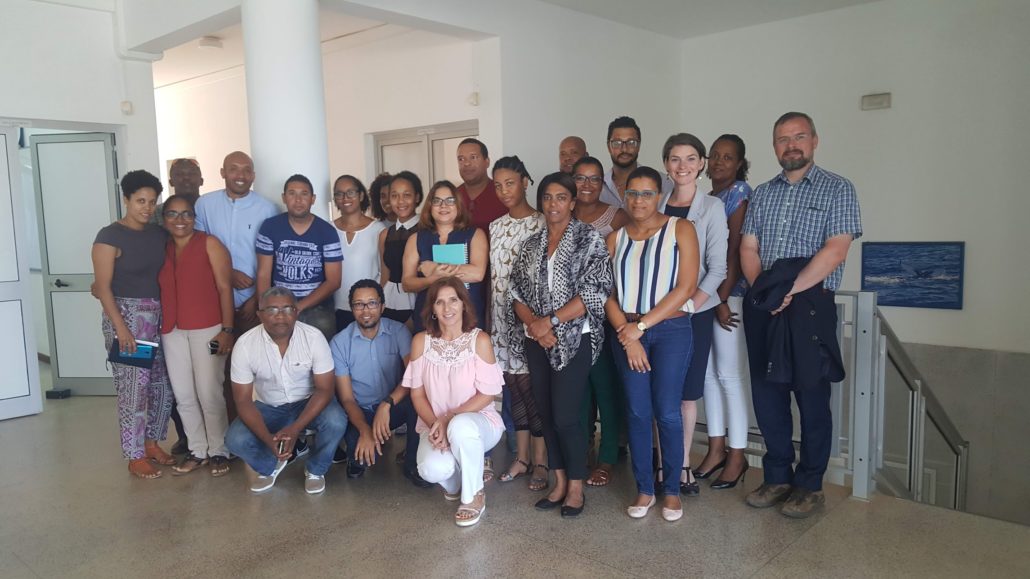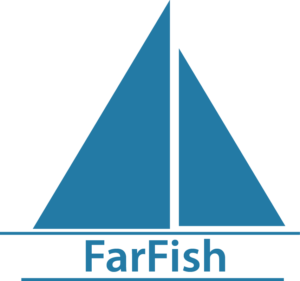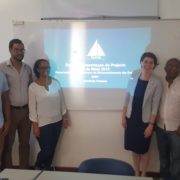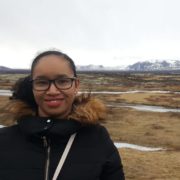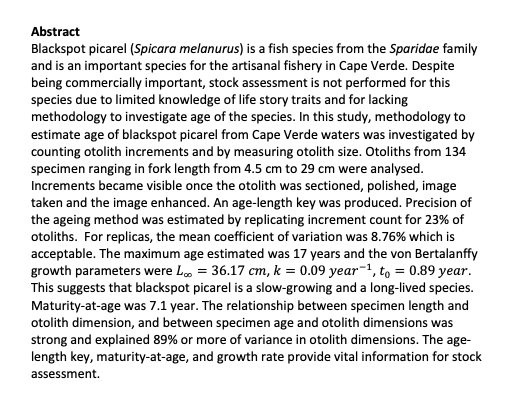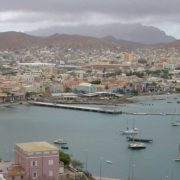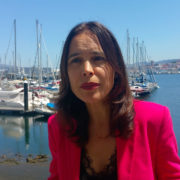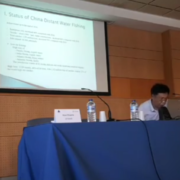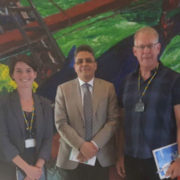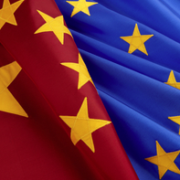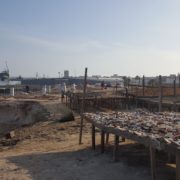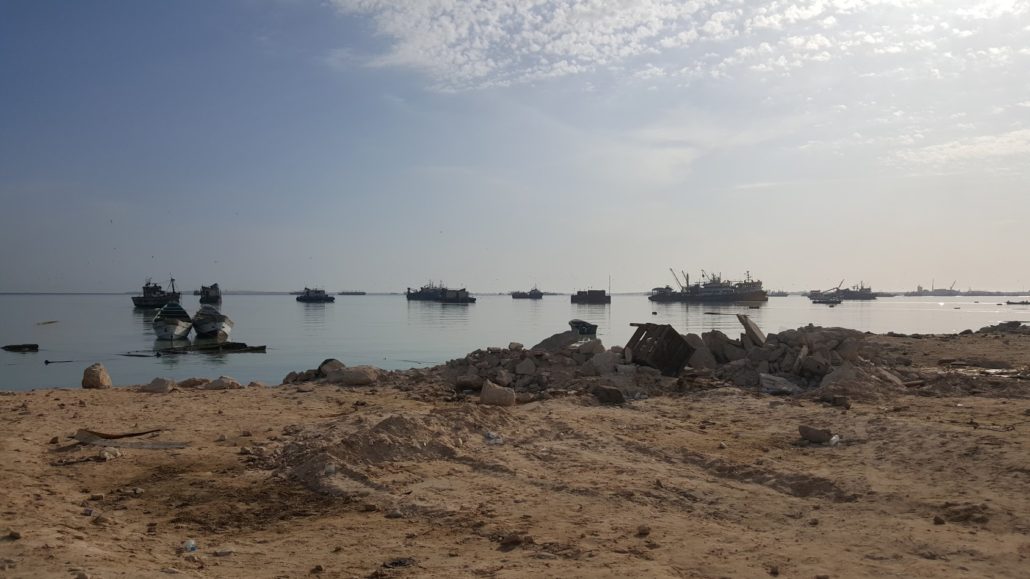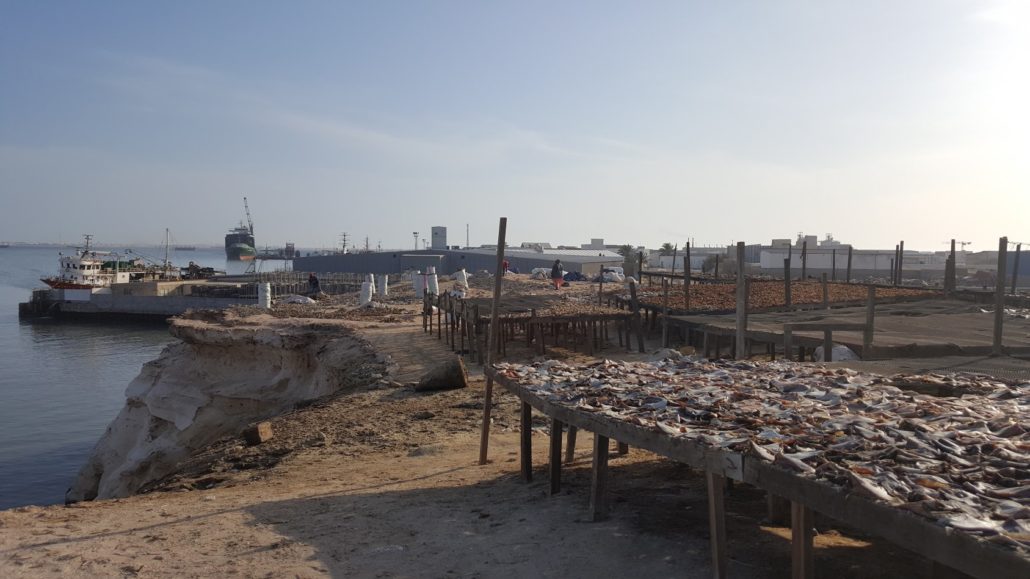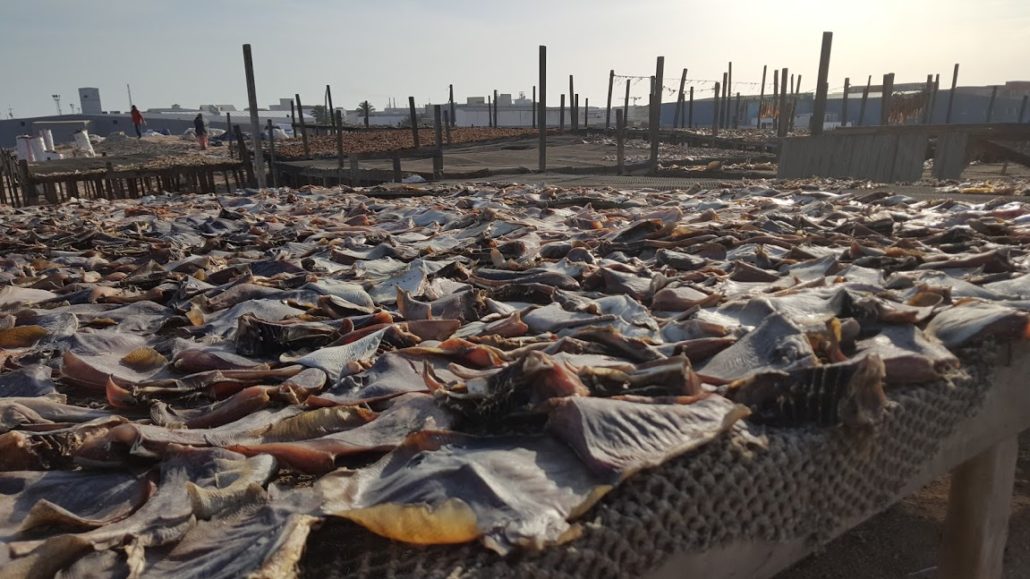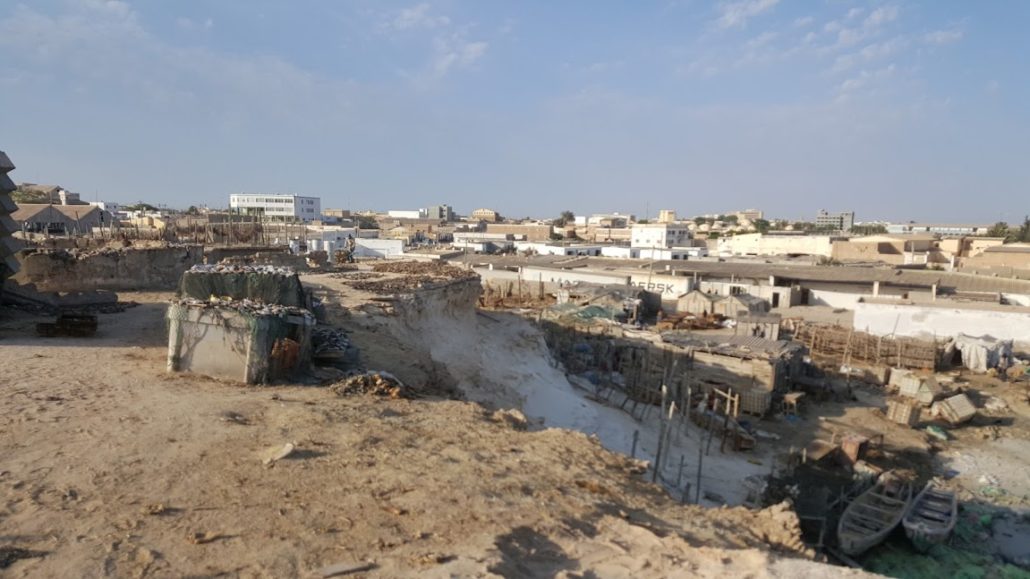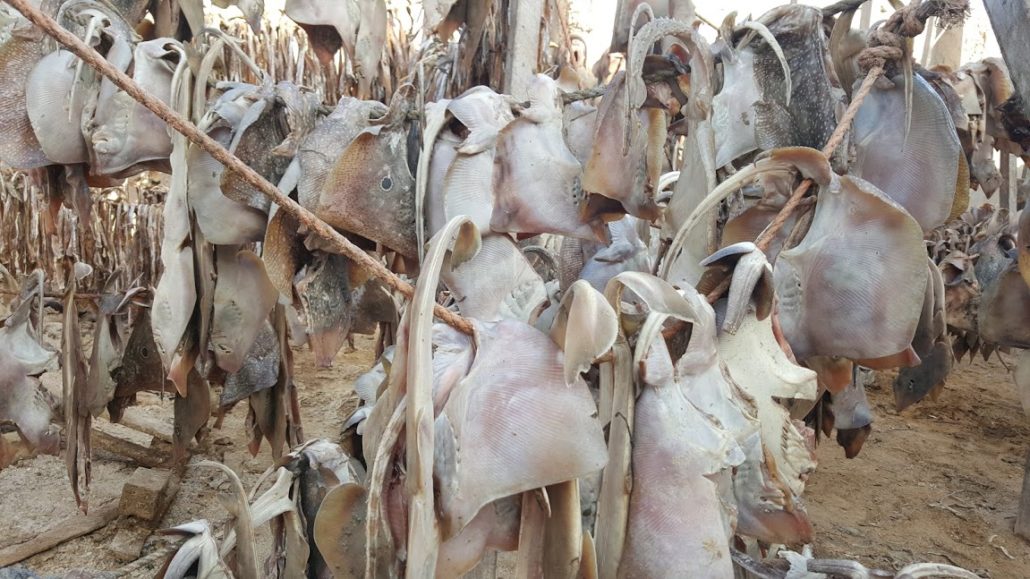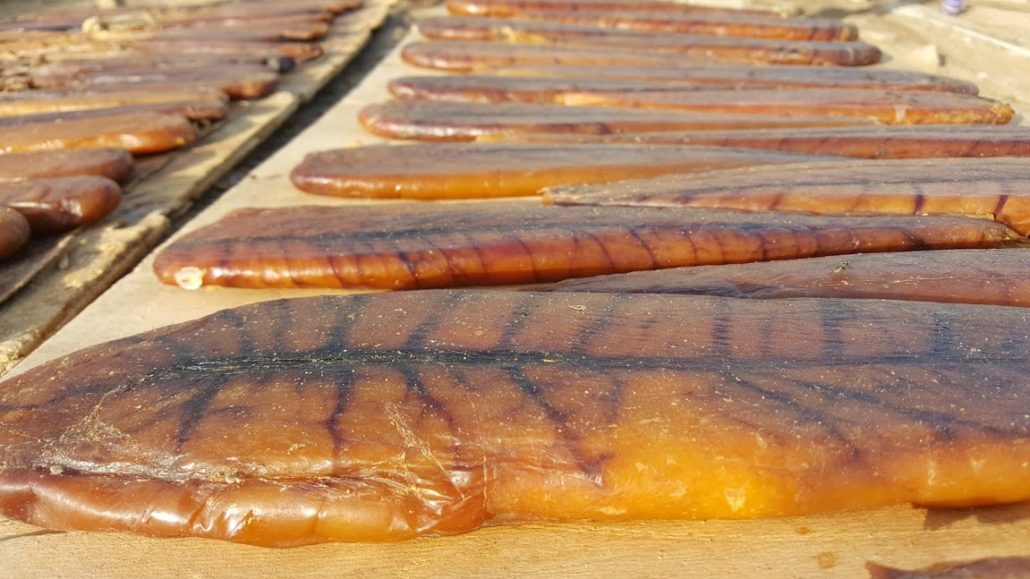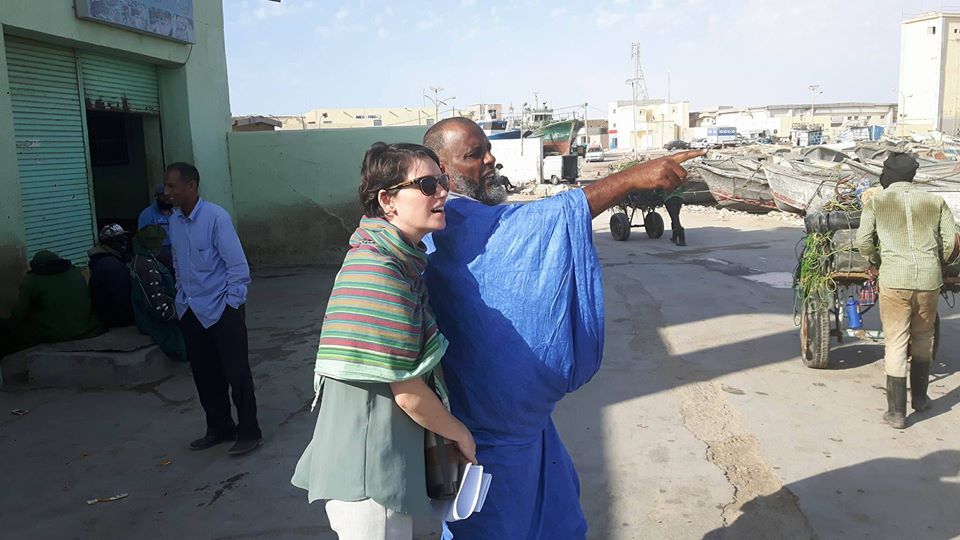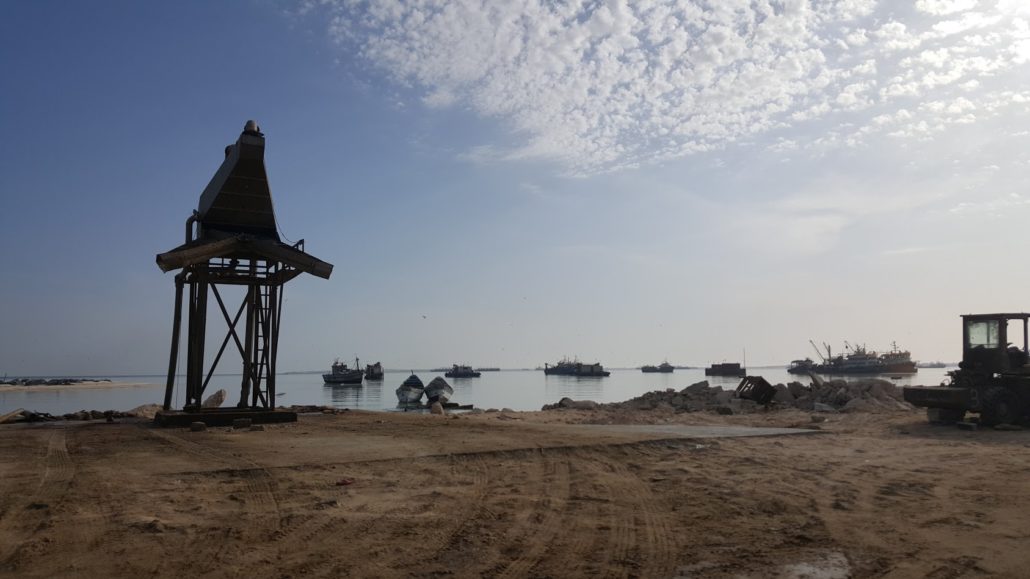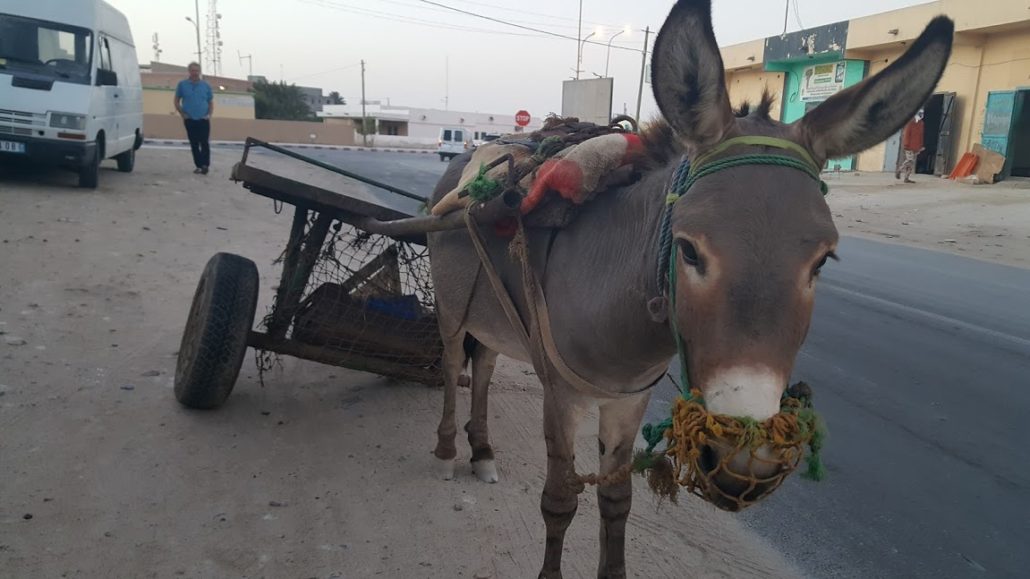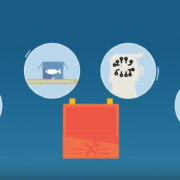Introducing the work of the FarFish project at a seminar in Capo Verde
On Thursday, May 30th, a special seminar was held at INDP (Instituto Nacional de Desenvolvimento das Pescas) in Mindelo, Cabo Verde introducing the work of the FarFish project, and the research produced through the post-graduate training offered through the project.
One of FarFish’s specific objectives is “To provide education, training and dissemination to stakeholders within the value chains of EU fisheries in SFPA waters and international waters and to improve their professional skills and regional networks.” This has clearly been done with great success through strong cooperation in Cabo Verde with the INDP.
The event, entitled Seminar of presentation of the final research projects done in the ambit of the United Nations University – Fisheries Training Program (UNU-FTP) and the FarFish project is part of ongoing dissemination efforts within the FarFish project.
Two scientists employed by INDP participated in the FarFish post-graduate six-month training offered by the United Nations University Fisheries Training Programme last year. They both presented their work at the INDP seminar, which was attended by administration officials, scientists, and their colleagues.
Through the post-graduate training at the UNU-FTP, fellows are given the opportunity to work with data from home to develop research outcomes that are useful to their home institutions. The aim is to provide a space and expert guidance to create meaningful outcomes for partner organisations and in doing so, build professional and scientific competencies that will bolster the institutional capacity to create impactful fisheries science in the future.
The seminar was opened by the President of INDP, a representative from the Cabe Verdian Ministry of Maritime Economy, and the Work Package 7 (Capacity Building and Dissemination) leader from the FarFish project. The Case study leader for Cabo Verde then gave a presentation of the project to the seminar attendees.
FarFish fellow Alciany Nascimento da Luz presented her research project, entitled, TESTING METHODS TO ESTIMATE THE AGE OF BLACKSPOT PICAREL (SPICARA MELANURUS) USING OTOLITHS, FROM THE WATERS OF CAPE VERDE ISLANDS.
Alciany’s presentation was followed by the second FarFish fellow from INDO, Nuno Vieira, who presented his work entitled, STOCK ASSESSMENT AND THE INFLUENCE OF ENVIRONMENTAL PARAMETERS ON THE DISTRIBUTION OF MACKEREL SCAD (DECAPTERUS MACARELLUS) IN CABO VERDE WATERS.
Final versions of their reports will be made available on the farfish.eu website shortly.
